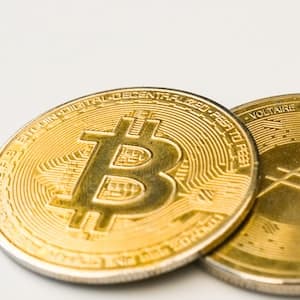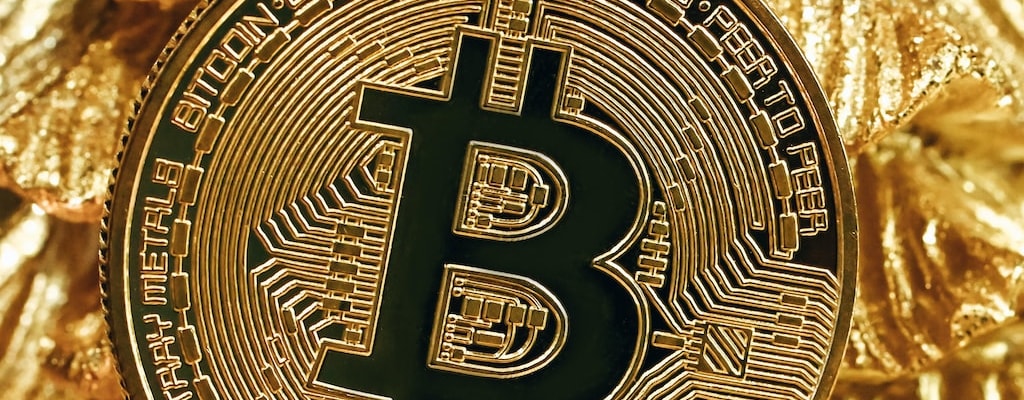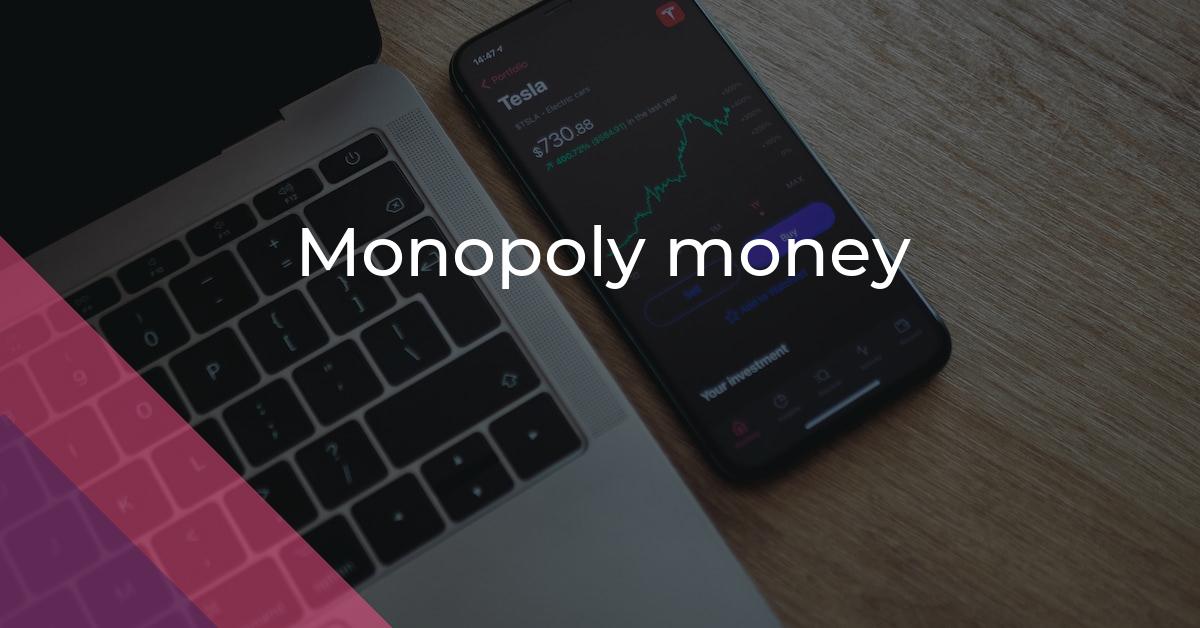Monopoly money: Idiom Meaning and Origin
What does ‘Monopoly money’ mean?
"Monopoly money" is an idiom that refers to money or currency that has no real value in the real world, similar to the colorful play money used in the board game Monopoly. It is often used to describe something that is worthless, fake, or not accepted as a legitimate form of payment.

Idiom Explorer
The idiom "silly money" refers to an excessive or absurd amount of money, often used to describe a huge sum paid for something that may not be worth its value.
The idiom "on the money" means to be exactly correct or accurate.
The idiom "on someone's dime" means that someone is paying for something on another person's behalf, usually referring to expenses or costs. It implies that someone else is covering the expenses, taking responsibility for the payment.
The idiom "only game in town" means that there's only one option or choice available, typically in a particular situation or context.
The idiom "old money" refers to the inherited wealth and social status that comes from being born into a wealthy family and having a long-standing history of wealth. It implies a sense of established tradition, exclusivity, and privilege.
The idiom "not worth a plug nickel" means something has little or no value. The phrase "plug nickel" refers to a coin that is worthless or has no purchasing power.
The idiom "not worth a dime" means something or someone does not have any value or is not valuable. It suggests that the thing or person is not worth even a small amount of money.
The idiom "not worth a Continental" means something is completely valueless or worthless. It originated during the American Revolutionary War when the Continental Congress issued Continentals as currency, which quickly became worthless due to hyperinflation.
"Not worth a brass farthing" is an idiom that means something is completely worthless or of no value at all.
Unveiling Monopoly's Esoteric Origins
*Monopoly money* is an idiom that refers to currency or financial transactions lacking in value. Originating from the United States, the idiom is derived from the popular board game Monopoly, which was first published in 1935.
The board game Monopoly features play money, which has no value outside of the game itself. This play money is what is referred to as "Monopoly money." The idiom *Monopoly money* is often used to emphasize the insignificance or worthlessness of certain financial transactions or currencies.
Figuratively, the idiom *Monopoly money* is used to describe situations where money is being spent or invested without any real value or return. It can also be applied to describe an excessive amount of money being used frivolously or without regard for its actual worth.
For instance, if someone is using large sums of money to finance a project or venture that is unlikely to be successful, it may be said that they are "spending Monopoly money." This implies that the money being used is worthless or unrealistic in terms of achieving a positive outcome.
Similarly, if someone is purchasing items or experiences that are considered extravagant or unnecessary, they may be accused of "spending Monopoly money." This suggests that their spending habits are excessive and lack practicality or a sense of reality.
The idiom *Monopoly money* is often used in casual conversations or media discussions. It allows for the expression of skepticism or criticism toward certain financial situations without directly attacking or insulting the individuals involved.
It is worth noting that the idiom *Monopoly money* is primarily used in American English and may not be as widely recognized or understood in other English-speaking countries. Its usage and popularity may vary depending on cultural and regional factors.
The idiom *Monopoly money* is related to several other idioms that are commonly used in English. These idioms further emphasize the concept of value and money in different contexts.
The first related idiom is "silly money." This idiom is used to describe an absurdly large amount of money. It suggests that the amount being mentioned is so ridiculously high that it seems unbelievable or impractical. For example, if someone says they bought a car for a million dollars, they may be accused of spending "silly money."
The second related idiom is "money's worth." This idiom is used to describe the value or benefit one receives in exchange for the money they spend. It suggests that one has received fair or satisfactory value for the amount of money they paid. For example, if someone goes on a vacation and feels that they got their "money's worth," it means they believe they received good value for the amount they spent.
The third related idiom is "loose change." This idiom is used to refer to a small amount of money, usually in coins, that is not considered significant. It suggests that the amount being referred to is of little value or importance. For example, if someone asks for "loose change" to buy a candy bar, they are asking for a small amount of money that is not worth much.
The fourth related idiom is "mad money." This idiom is used to describe money that is set aside for personal use or emergencies, usually by a married woman. It suggests that the money is meant to provide financial independence or freedom. For example, if someone says they have some "mad money" saved up, it means they have some money set aside to spend on themselves or in case of an emergency.
These related idioms further enhance the understanding and use of the idiom *Monopoly money*. They provide additional context and perspective on the concepts of value, worth, and the role of money in our everyday lives.
Example usage
Examples of how the idiom "Monopoly money" can be used in a sentence:
- He tried to buy a luxury car with Monopoly money, but the salesman just laughed at him.
- The billionaire's extravagant spending habits make me feel like I'm living in a world of Monopoly money.
- After winning the lottery, she felt like she had so much Monopoly money that she could buy anything she wanted.
More "Finance" idioms



